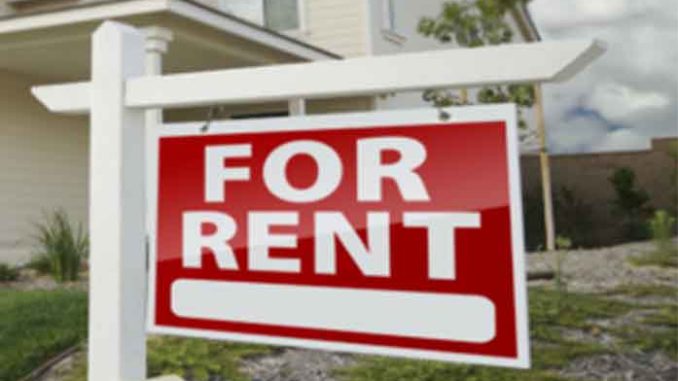
Forbes Advisor, whatever that is, recently ranked the 95 highest-populated cities in the US by how desirable they are for renters. Local media have cited the story.
Apparently, Forbes Advisor specializes in click-bait. To show my intelligence, I took the bait and read the entire report, which is at this link https://www.forbes.com/advisor/renters-insurance/best-cities-for-renters/.
Hilariously, my boyhood home of St. Louis ranked twenty-third in desirability for renters, and, just as funny, my adopted home of Tucson ranked ninth.
Both of these cities have a very high crime rate, as documented by Neighborhood Scout, which scores cities on a crime scale of 0 to 100. Confusingly, “0” signifies the highest crime rate, and “100” signifies the lowest. St. Louis and Tucson score “0” and “5” respectively.
Forbes Advisor gives crime a weight of only 9 percent in determining a city’s desirability for renters. It would seem that a high likelihood of being robbed or shot would be more important than most other factors.
It certainly was very important when I lived in the barrio of San Antonio in a rundown duplex, where the next-door neighbor was a stripper who had male visitors at all hours of the night. The sound of gunfire would often awaken me in the middle of the night, my car was stolen once, my chrome wheels were stolen another time, and I once got caught in the middle of a gun battle between rival gangs.
Incidentally, San Antonio is ranked eleventh in renter desirability by Forbes Advisor.
The 95 cities in the Forbes Advisor study are quite different in population and other factors. For example, the population of the City of St. Louis is only 300,576, but the total population of the St. Louis metro area is 2.8 million. The population of the City of Tucson is 542,629, and the population of the Tucson metro area is 1.1 million. This means that the City of St. Louis accounts for a much smaller percent of its metro area than the City of Tucson does in its metro area. It also means that renters have a larger geographical area and more suburbs to choose from in metro St. Louis than they do in metro Tucson.
Also, of course, both St. Louis and Tucson are a different league altogether than a city like New York City. Comparing them to NYC is like comparing a grape to a cantaloupe.
Gilbert, Arizona is one of the 95 cities ranked by Forbes Advisors, although it is a suburb of Phoenix and thus more like a bedroom community than a central city. Gilbert gets a ranking of 13 in desirability for renters.
Affordability is given a lot of weight in the Forbes Advisor report, as it should. Affordability is determined primarily by dividing median rent in a city by the median household income in the same city, to get a percentage. The report claims that rent consumes 23 percent of income in Tucson. However, based on my research and calculation, the correct figure is 30 percent.
Amenities and lifestyle are also given a lot of weight by Forbes Advisor. Some of the factors have to do with climate, such as the percentage of rental units with air conditioning and pools. Some have to do with population density, such as the percentage of units with on-site parking.
Others have to do with very subjective factors, such as quality of life. If a city has a lot of parks but the parks are overrun with the homeless, is that a positive or a negative? If a city has affordable apartments but the construction is shoddy, the architecture is ugly, and the surrounding neighborhood is seedy, is that a positive or a negative?
St. Louis has one of the largest and most beautiful city parks in the nation, has a world-class zoo, has an internationally ranked botanical garden, has great museums, has two private universities, has two medical schools and top-notch hospitals, has an extensive highway network and light-rail network, has professional sports teams, has a convenient airport with many direct flights, has gentrified neighborhoods, has excellent ethnic cuisine in the Italian neighborhood and elsewhere, and has a diversified economy with a lot of high-paying companies. Do these attributes compensate for the negatives? How can this be quantified?
Surprisingly, the Forbes Advisor study did not look at the quality of public schools, commute times, utility costs, or taxes.
I have to end here. It’s time to remove the hook in my mouth from biting on the click-bait.
You can yell at Mr. Cantoni at [email protected].
